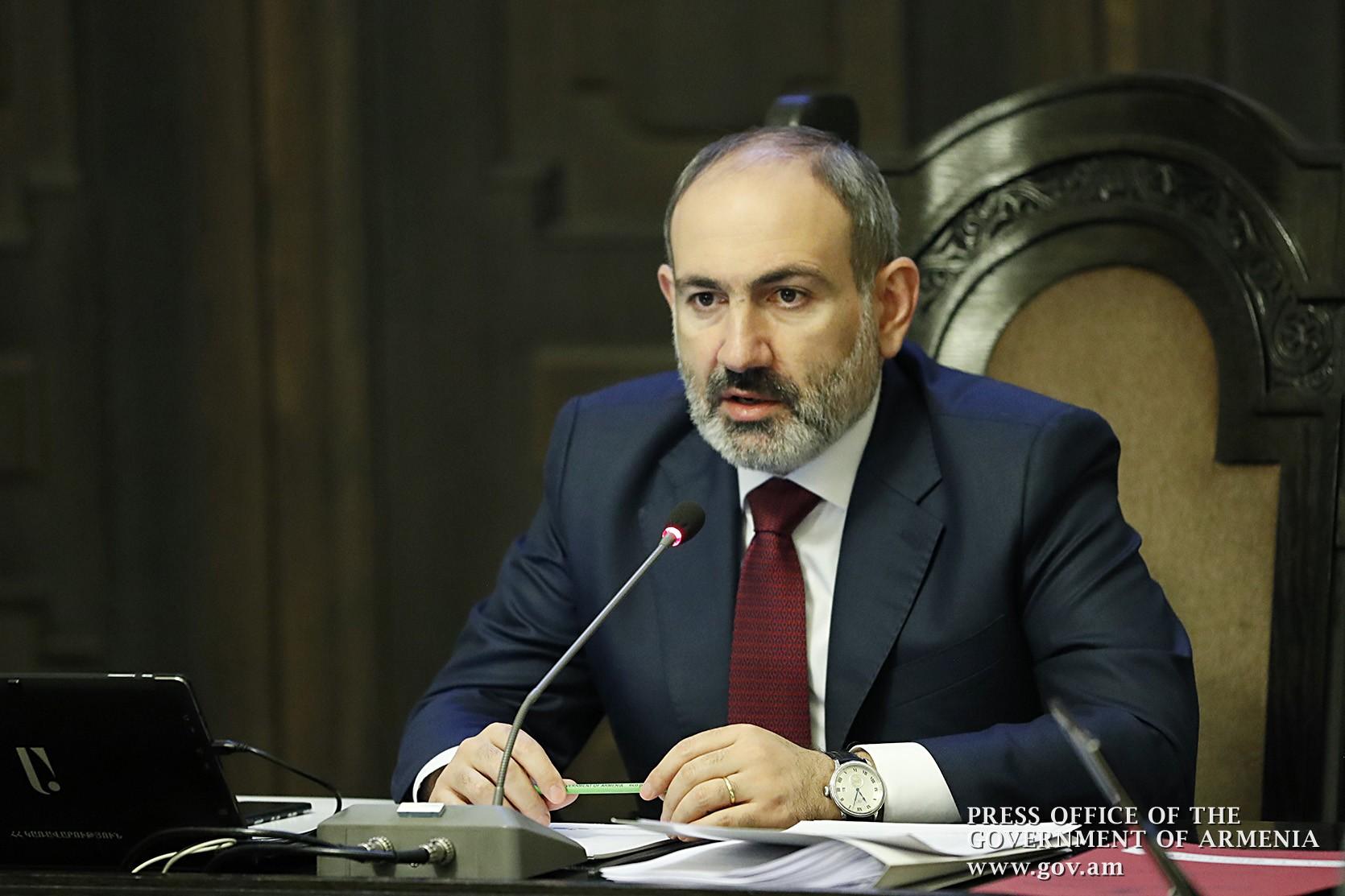
Pashinyan to White House: Is U.S. Supplying F-16s to Turkey to Bomb Peaceful Villages?
The New York Times ran the following article, entitled Armenia’s Leader Makes Plea to U.S. as Conflict Rages With Azerbaijan, in its October 4 edition. This is the entire NYT article. Earlier, the Armenian government issued a press release that included only selected portions of the article, omitting those deemed unsympathetic to the official Armenian government narrative of the Karabakh conflict.
When Nikol Pashinyan, Armenia’s prime minister, spoke by telephone on Thursday with President Trump’s national security adviser, he raised a delicate issue: Why is nothing being done to stop a longtime United States ally, Turkey, from using American-made F-16 jets against ethnic Armenians in a disputed mountain region?
Mr. Pashinyan’s call to the national security adviser, Robert O’Brien, followed an eruption of heavy fighting in and around Nagorno-Karabakh, a remote territory at the center of the most enduring and venomous of the “frozen conflicts” left by the collapse of the Soviet Union.
The breakaway enclave, legally part of Azerbaijan but controlled by Armenians for the past three decades, has seen many military flare-ups over the years. But the current fighting, Mr. Pashinyan said in a telephone interview, has taken on a far more dangerous dimension because of Turkey’s direct military intervention in support of Azerbaijan, its ethnic Turkic ally.
On Sunday, news reports said, the forces of Armenia and Azerbaijan, both former Soviet republics, exchanged rocket fire, with missiles falling on Azerbaijan’s second largest city, Ganja, and on the Armenian-controlled capital of Nagorno-Karabakh. Each side accused the other of targeting civilians while denying carrying out any attacks itself on residential areas.
In a statement Sunday, the International Committee of the Red Cross denounced “a surge in attacks using heavy explosive weaponry on populated areas,” which it said “is taking a deadly toll on civilians.” It said that hundreds of homes, as well as schools and hospitals, had been destroyed or damaged, forcing families to flee or retreat “underground to unheated basements, sheltering day and night from the violence.”
The conflict has set off alarms about the risks of a wider war and put the United States, with its large and politically influential Armenian diaspora, in the uncomfortable position of watching Turkey, a vital NATO ally, deploying F-16 jets in support of Armenia’s enemies.
“The United States,” Mr. Pashinyan said in an interview, “needs to explain whether it gave those F-16s to bomb peaceful villages and peaceful populations.” He said that Mr. O’Brien had “heard and acknowledged” his concerns and promised to set up a phone conversation between the Armenian leader and President Trump.
That opportunity to rally the United States to Armenia’s side vanished just a few hours later when President Trump announced that he had tested positive for the coronavirus.
But Mr. Trump’s health issues, analysts say, have only accentuated his administration’s disengagement from a conflict that offers no easy diplomatic victories. It has confounded decades of efforts to resolve a dispute that has left Armenians in control of not only Nagorno-Karabakh but large swathes of Azerbaijani territory outside the breakaway enclave.
Mr. Pashinyan declined to say whether Armenia might be ready to surrender any occupied Azerbaijani land as part of a possible peace settlement, insisting that this was not up to him but a matter for the leaders of Nagorno-Karabakh, a nominally independent entity ruled by ethnic Armenians.
Turkey said on Sunday that Azerbaijani forces had retaken Jabrail, the latest in a series of villages previously occupied by Armenia now said to be back under Azerbaijani control as a result of fighting over the past week. The claim could not be independently confirmed.
The Trump administration, distracted by other bigger issues like China, has “simply not been paying attention and been completely disengaged,” said Thomas de Waal, a British expert on the region and author of a book on Nagorno-Karabakh, “Black Garden: Armenia and Azerbaijan Through Peace and War.”
For Armenia, Mr. Pashinyan said, the current fighting, which began Sept. 27 after months of rising tensions, poses an “existential threat” because of the role of Turkey, whose precursor, the Ottoman Empire, killed an estimated 1.5 million Armenians at the end of World War I. The U.S. Congress and many countries have declared that slaughter a “genocide,” a label Turkey strenuously rejects.
Armenia, too, has selective memories of the past, with Mr. Pashinyan dismissing the worst atrocity of the 1991-1994 Karabakh war — the 1992 killing of hundreds of Azerbaijani civilians by Armenian fighters near the town of Khojaly — as a “pure propaganda trick.”
Armenia and Azerbaijan have a long record of playing down or ignoring each other’s past traumas, a tendency that has made it all but impossible for either side to accept legitimate grievances and has frustrated outside efforts to settle their feud over Nagorno-Karabakh.
 Videos
Videos Photos
Photos
Write a comment